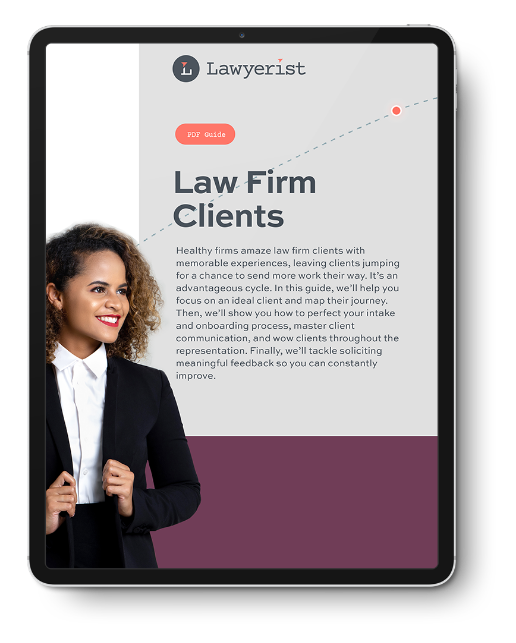Law Firm Client Communication Allows You to Create Connections
When you meet with your client, ask them questions, be patient, and listen to what they say. Treat them with respect, and don’t be afraid to engage with them emotionally or talk about yourself to relate to their situation. When you genuinely care about your clients, you’ll naturally want to do your best to help them out.
People will feel this sincerity and respond in kind. Be sure to communicate securely with your clients, whether it be by email, phone, or social media. Keeping your clients in the loop and communicating with them regularly helps build trust and a connection with your clients. Without communication from you, your clients will get frustrated, confused, and upset that they don’t know their case’s status.
Communicating well with clients is a foundational skill for law firms. From the first phone call to the final deliverable, each interaction you have with your clients is an opportunity to create client-centered experiences while you move matters forward. Keep in mind that a large majority of clients—around 82%—have ended a business relationship because of poor law firm communication with clients.
Moreover, the loss of one client often leads to the loss of many. Around 13% of clients will tell 15 people or more if they have a negative experience. In an industry where referrals matter and great client service must be the focus, communicating with clients is paramount. In nearly every industry, the advice is to communicate early and often.
You can turn your firm into a client communication powerhouse by understanding the importance of client communication, properly managing relationships, and using technology tools. As a result, you’ll create a client experience that generates growth for your firm.
